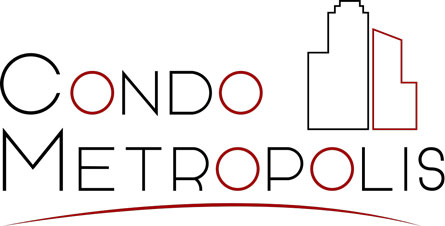-
Question: Our board requested a special assessment of $7,000 for roof repair and exterior painting. After failing to get the required vote, the board increased the monthly fees by 33%. Can it do that?
 Answer: The answer depends on requirements of the governing documents. It is not uncommon for the governing documents to require a vote of the members to authorize a special assessment but not to approve the annual budget. The advantage of using a special assessment to pay for renovation is that it does not impact the regular HOA fees. But if the members fail to approve the special assessment, the board has little choice but to gather the funds by way of the HOA fees.
Answer: The answer depends on requirements of the governing documents. It is not uncommon for the governing documents to require a vote of the members to authorize a special assessment but not to approve the annual budget. The advantage of using a special assessment to pay for renovation is that it does not impact the regular HOA fees. But if the members fail to approve the special assessment, the board has little choice but to gather the funds by way of the HOA fees.But there is another problem. Special assessments are triggered by the lack of reserve funds. HOAs that routinely get renovation money by way of special assessments fail to recognize that they are unfair to those that have to pay them and difficult to collect from those in financial straits. Since renovations can be predicted many years in advance, the funds to pay for them should be paid by all members in a monthly way (usual way for condominiums) along a 30 year time line (usual projection period) so that the money is there when needed. It sounds like your HOA lacks a reserve plan and fails to put money in reserves systematically so it leaves the board with the two alternatives you describe, neither of them appealing.
There are other compelling reasons to reserve. Underwriters of many condominium loans (FHA, Fannie Mae and Freddie Mac) require a current reserve study and proof that at least 10% of the annual budget is going into reserves. (The average condominium should be reserving 25-35% of the annual budget.) Those that fail to comply lose critical financing options.
Your homeowner association needs to break this boom or bust approach to major renovation projects. The board needs to order a reserve study from a qualified reserve study provider. Members of Association of Professional Reserve Analysts www.apra-usa.com carrying the Professional Reserve Analyst (PRA) credential demonstrates the experience and proficiency to provide what you need.
For more innovative homeowner association management strategies, see Regenesis.net
(407) 901-5161
Orlando Property Enterprises | All rights reserved
